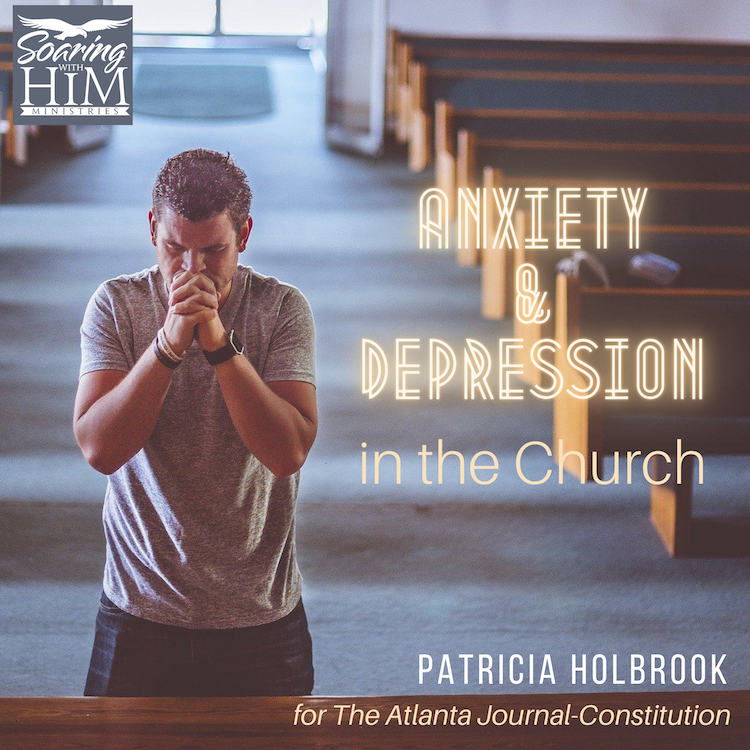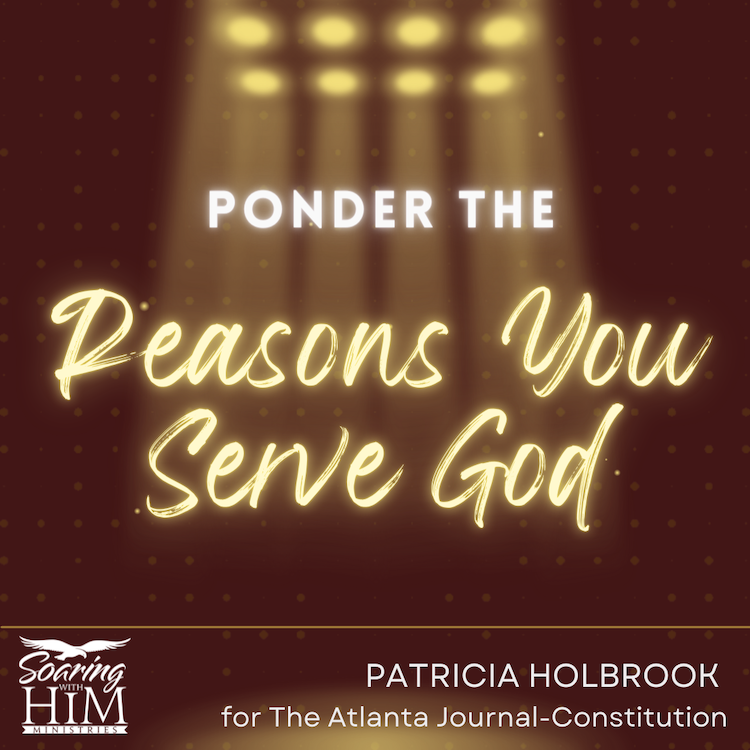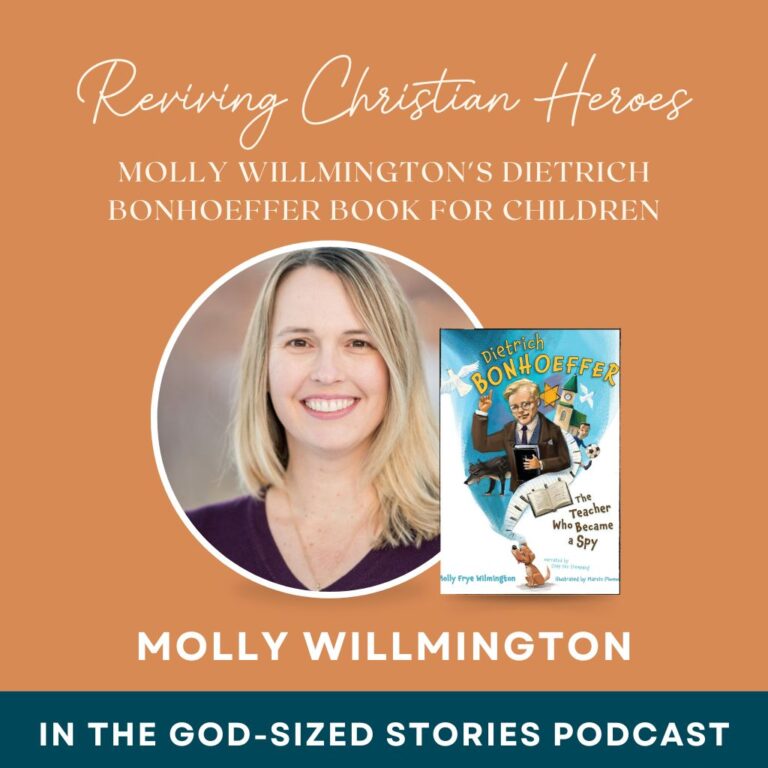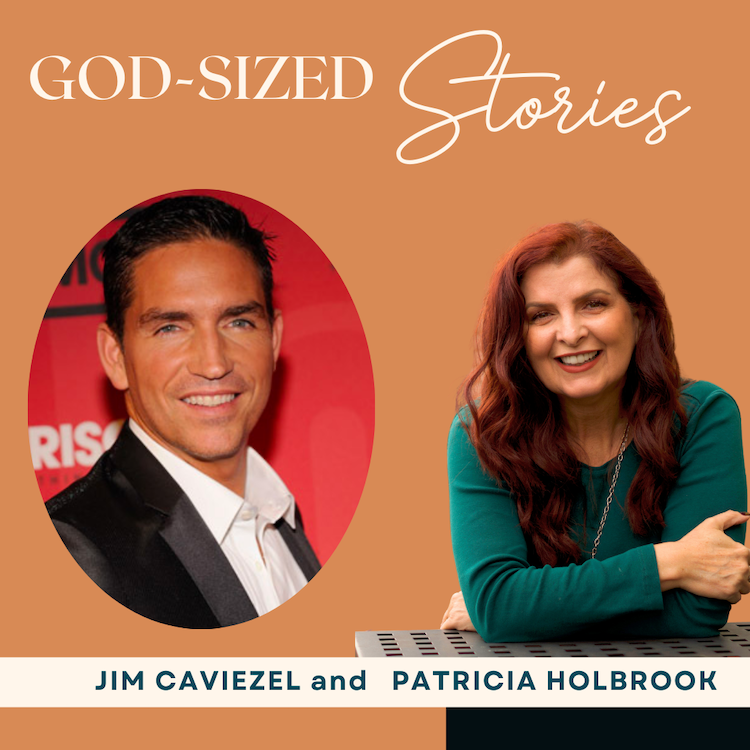
From the presidential debates to the mood on the streets; from our natural response to the current uncertainties and disruption of life, to the stock market’s volatility, it’s easy to see how fear, anxiety and anger threaten to steal our peace and joy these days.
Personally, I have chosen to remove myself from social media and TV news shows, making the “headlines” channels on my satellite radio my only source of news during the months preceding the presidential election. Not that I’m not interested in politics, by any means. I am very much a believer in the importance and privilege of taking part in the democratic process. Rather, I chose to avoid the constant stream of information because of how it affects my emotions.
Anger. Resentment. Fear. These are natural responses when something or someone threatens to harm us, or when blatant lies and injustice surround us.
“A tranquil heart is life to the body, but passion is rottenness to the bones. King Solomon, Book of Proverbs.
“A tranquil heart is life to the body, but passion is rottenness to the bones.” Proverbs 14:30 @AJC #mondayMotivation #MondayDevotional Click To TweetAccording to an article published by the National Institute for the Clinical Application of Behavior Medicine (NICABM), science proves King Solomon’s wisdom to be true. The Hebrew word for “passion” in this proverb can also be translated as “envy, zeal, torment, hurt, and jealousy.” Science has concluded that these emotions are proven to generate a myriad of hormonal responses that, in time, create long-term damage to the health of the human body.
Among all negative emotions, anger is the most harmful one. According to scientific findings, anger can change your brain.
Among all negative emotions, anger is the most harmful one. According to scientific findings, anger can change your brain. @AJC #mondayMotivation #MondayDevotional Click To TweetThe first trigger of anger activates an organ inside the brain called the amygdala, activating the hypothalamus, which signals the pituitary gland, releasing a hormone that affects the adrenal gland’s stress hormones: cortisol, adrenaline and noradrenaline.
High cortisol levels cause a loss of neurons in the prefrontal cortex of one’s brain, which affects the proper function of that part of the cortex, known to help us make sound judgments and good decisions. Likewise, elevated cortisol levels kill neurons in the hippocampus, thus weakening short-term memory. High cortisol levels also decrease serotonin – the “happiness” hormone. The effect on serotonin levels generates an increase of anger, emotional pain, anxiety, and depression.
The long-term effects of these triggers are known to many of us. Stress hormones increase our heart rate, blood pressure, arterial tension, blood glucose levels and thyroid function. It increases the likelihood of the incidence of cancer, digestive, and metabolism problems.
Indeed, anger triggers a downhill snowball, wreaking havoc in its path.
I can’t help but think about how cultivating hostile feelings toward others has affected my life in the past and still affects many people I know. I could blame it on my upbringing – surrounded by hot-tempered women; my environment certainly gave me plenty of examples of heated, overly emotional responses to life’s circumstances.
The truth is – you and I can always find an excuse for our anger. We can go as far as to say we are surrounded by reasons to act in rage these days.
But at some point, we must choose whether we will allow others or circumstances we cannot control to dictate how we respond. And only we can determine that.
The truth is – you and I can always find an excuse for our anger. But at some point, we must choose whether we will allow others or circumstances we cannot control to dictate how we respond. @AJC #mondayMotivation #MondayDevotional Click To TweetWhat we cannot do is to continue the route of unforgiveness, anger and resentment, and think that our bodies can find a way to raise cortisol levels in our brains naturally. Science and the “wisest man who’s ever lived” agree. It won’t happen. These “passions” will eventually “rotten our bones.”
Sure, we can take prescriptions to help elevate our “happy” hormones. We may take “chill” pills to help us cope with people we can’t stand. And I am not against medications to help us overcome a personal crisis. I’ve taken them myself. But there comes a time when we must dig deeper and seek healing to those things that provoke our anger, lest we become lonely, bitter and sick human beings.
We cannot help what happens in the world, nor can we change the way people treat us. But we indeed can and should find ways not to allow these external interferences to dictate how we respond. That is the only thing that we, with God’s help and by his grace, are able to control.
This article was originally published in Patricia’s column for The Atlanta Journal-Constitution on Saturday, October 10, 2020. Click HERE to read it on the AJC’s website.
LINKUP PARTY opens on Wednesdays at 6 am!
Christian Bloggers, come share your Blog with our audience below:
1. Add your Link.
2. Visit the blogger before or after and encourage them with a comment.
3. Share on social media. Click below to share on Twitter that you are joining us! We would love to have you follow the ministry on Twitter and Facebook as well: Soaring with Him FB Page
LINKUP party is open! This week, a study on the effects of negative emotions on the human body sheds light on the danger of cultivating anger, unforgiveness and envy. Join us and share your blog! Click To Tweet







Such sage and healthy advice, Patricia. Yes, these times can certainly provoke negative emotions on the part of so many, but we can choose, with God’s help, to not succumb to anger and fear, but to overcome them.
Blessings!
Awesome info to get out! If you feel led, can you follow it with sharing how to forgive? That’s a hard one to get your head around.
I’ve done the same with news and have set limits on my social media. I’m trying to learn to turn those provoking issues over to God in prayer rather than stewing over them.
Hey Patricia, that is such a great article and timely advice. And a huge congrats on the publication in The Alanta Journal-Constitution—that is so awesome!
Thanks for hosting another great link-up to!
Thank you for curating this helpful collection of thoughts on anger. I am trying to learn that my anger is a res flag, a sign that I have important work to do before God, offering up those emotions and the triggers to him.
Such a helpful article for the days we are living. It is so true – we can always find a reason and an excuse for our anger. May we, by God’s grace and help, rise above and control our anger. It’s the only way we will be able to make a difference.
Thank you, Joanne! May we lean on the Holy Spirit to help us overcome anger! Blessings!
Patricia, I love how you backed up Solomon’s wisdom with modern science. Anger certainly does take away the ability to make good decisions. May we seek the Lord and clothe ourselves in garments of praise and righteousness.
Amen, sister! Blessings to you!
Thank you, Patricia, anger is a volatile emotion that truly can feel like temporary insanity! I know when I choose anger, I can say goodbye to any logical thought processes. Thank you for such a thorough and hopeful post on this emotion!
Thank you for your comment, Donna. The issue is that we often “work ourselves up” to that frenzy, instead of asking the Holy Spirit to help us refocus. God bless you!
What’s the expression? The body tells the score? I may not have gotten it exactly right but it is very true!
Wow, so eye-opening. Thank you, Patricia, for this reminder of the cost of anger and God’s help!